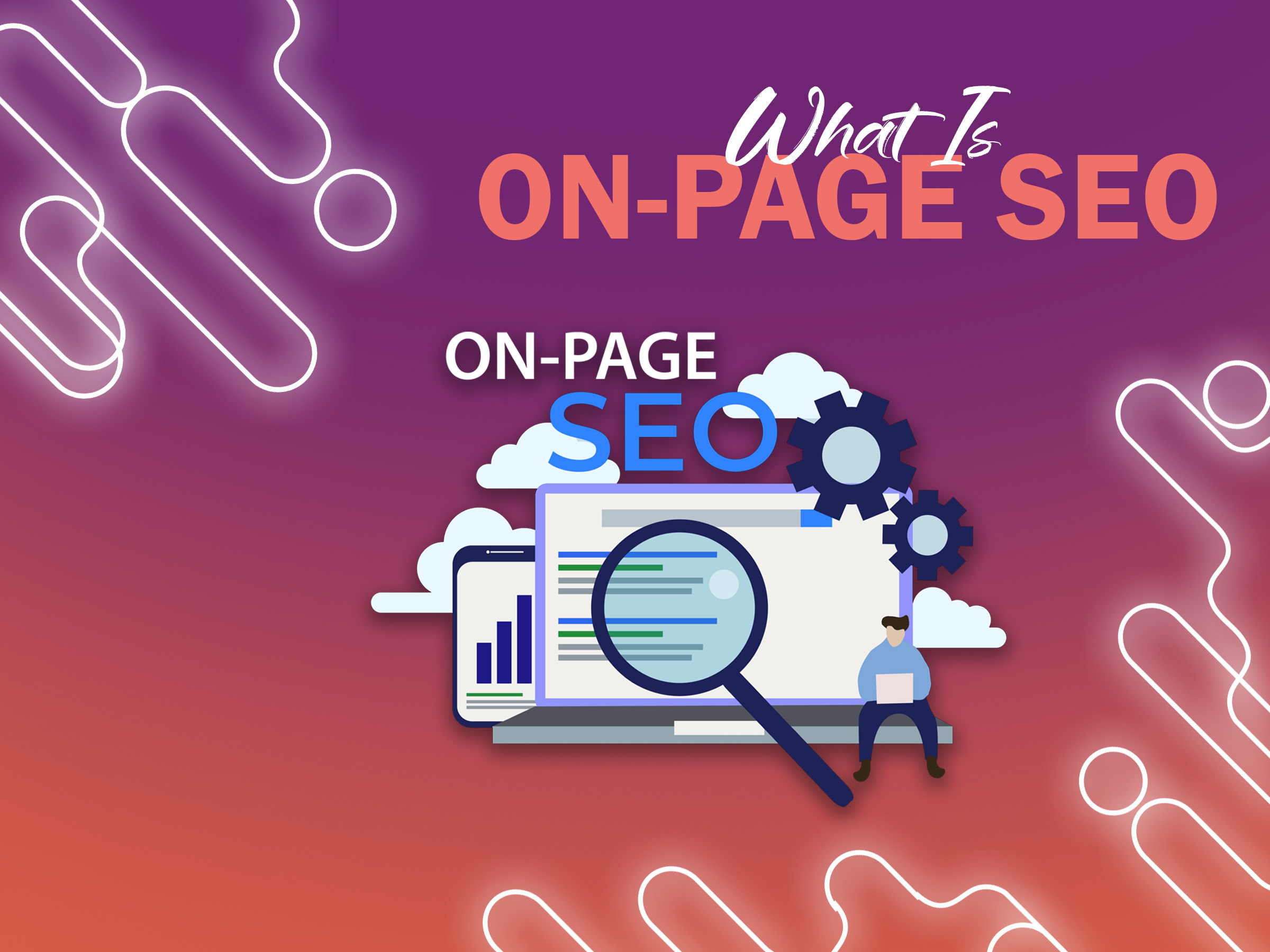The optimization approach to enhance web page performance yields better search engine rankings and attracts more appropriate site visitors through Google searches. Website pages require optimization of content and HTML source code so search engines can identify their value for user queries. The control of on-page SEO lies completely within your possession because it does not involve external factors such as backlinks.
Why On-Page SEO Is Important?
The power of search engines depends heavily on on-page SEO because it makes website content more understandable to search engines which enables better page indexing and ranking. Proper on-page optimization delivers favorable user experiences that amplify site authority together with greater user interaction. Your website cannot achieve search rankings for high-quality content unless you implement appropriate on-page SEO methods.
How to Do On-Page SEO?
To optimize your website for on-page SEO, follow these key steps:
- Conduct keyword research to find relevant search terms.
- Optimize URLs, title tags, and meta descriptions.
- Use proper heading tags (H1, H2, H3, etc.).
- Include keyword-rich, high-quality content.
- Optimize images with alt text.
- Improve page speed and mobile responsiveness.
- Use internal linking to enhance site structure.
- Implement schema markup for better search visibility.
Check out this related blog post: Advanced search engine optimization strategies
Difference Between On-Page SEO and Off-Page SEO
While on-page SEO focuses on optimizing individual web pages, off-page SEO involves external factors like backlinks, social media signals, and domain authority. Both are essential for ranking, but on-page SEO lays the base for a search-friendly website.
What Are the Benefits of On-Page SEO?
- Higher Search Rankings: Proper optimization improves visibility on Google.
- Better User Experience: Fast, mobile-friendly, and well-structured pages keep visitors engaged.
- Increased Click-Through Rates (CTR): Optimized meta titles and descriptions attract more clicks.
- Higher Conversion Rates: Relevant content helps convert visitors into customers.
- Improved Crawlability: Search engines can easily index well-structured sites.
12 On-Site SEO Ranking Factors
1. URL
Use short, descriptive, and keyword-rich URLs. Example: yourwebsite.com/on-page-seo-guide.
2. Title Tag
Add your target keyword in the title tag and keep it under 60 characters for better CTR.
3. Meta Description
Write compelling meta descriptions (under 160 characters) to encourage clicks.
4. Heading Tags
Structure your content using H1, H2, and H3 tags to improve readability and SEO.
5. Alt Tags
Optimize images with alt text containing relevant keywords for better accessibility and rankings.
6. Keywords
Naturally add primary and secondary keywords in your content for relevance.
7. Content
Ensure high-quality, informative, and original content that answers search queries effectively.
8. Images
Compress and optimize images to improve page load speed and user experience.
9. Page Speed
A slow website can hurt rankings. Use tools like Google PageSpeed Insights to check and optimize load times.
10. Internal Links
Link to relevant pages within your site to boost navigation and distribute link equity.
11. Schema Markup
Implement structured data to enhance search result visibility with rich snippets.
12. Mobile Friendliness
Ensure your website is mobile-responsive for better rankings on Google’s mobile-first index.
How to Evaluate Your On-Page Optimization?
Use tools like Google Search Console, Ahrefs, or SEMrush to audit your website’s SEO performance. Analyze page speed, keyword rankings, and user engagement metrics to identify areas for improvement.
How to Check a Competitor’s On-Page SEO?
To analyze competitors’ on-page SEO strategies:
- Use SEO tools to check their title tags, meta descriptions, and keyword usage.
- Examine their content structure and internal linking strategy.
- Identify any schema markup they use to enhance visibility.
- Analyze their mobile-friendliness and page speed scores.
Meta Techverse Provides Marketing Services to Our Clients
Meta Techverse is a trusted digital marketing agency, offering a wide range of services like SEO, logo designing, brand designing, mobile app development, and web development services. We help businesses enhance their online presence and achieve sustainable growth through data-driven strategies.
Do you know what is a content management system?
Conclusion
Website search engine rankings and user experience depend directly on the fundamental practices of on-page SEO which forms a core component of digital marketing. Appropriate optimization strategies lead to both increased organic visitor flow and better Domain Authority.
Technical improvement and keyword optimization with unique valuable content together form the core requirements for on-page SEO mastery. Your rankings will improve thanks to user-friendly and fast websites that receive search engine optimization treatment while users experience enhanced engagement and conversion outcomes. Keeping track of SEO developments together with a steady audit routine will help you preserve your market position.






















